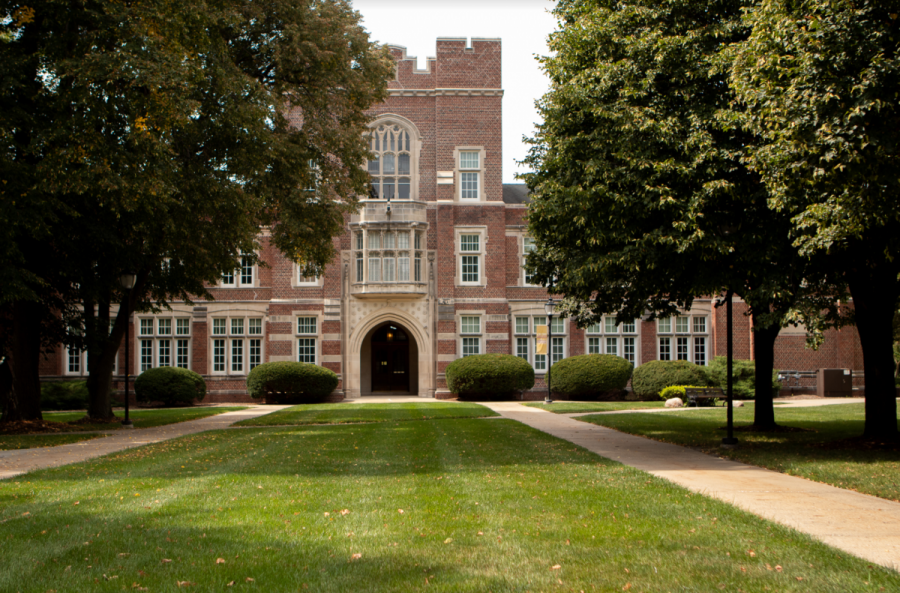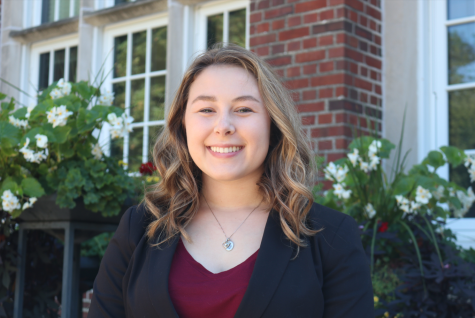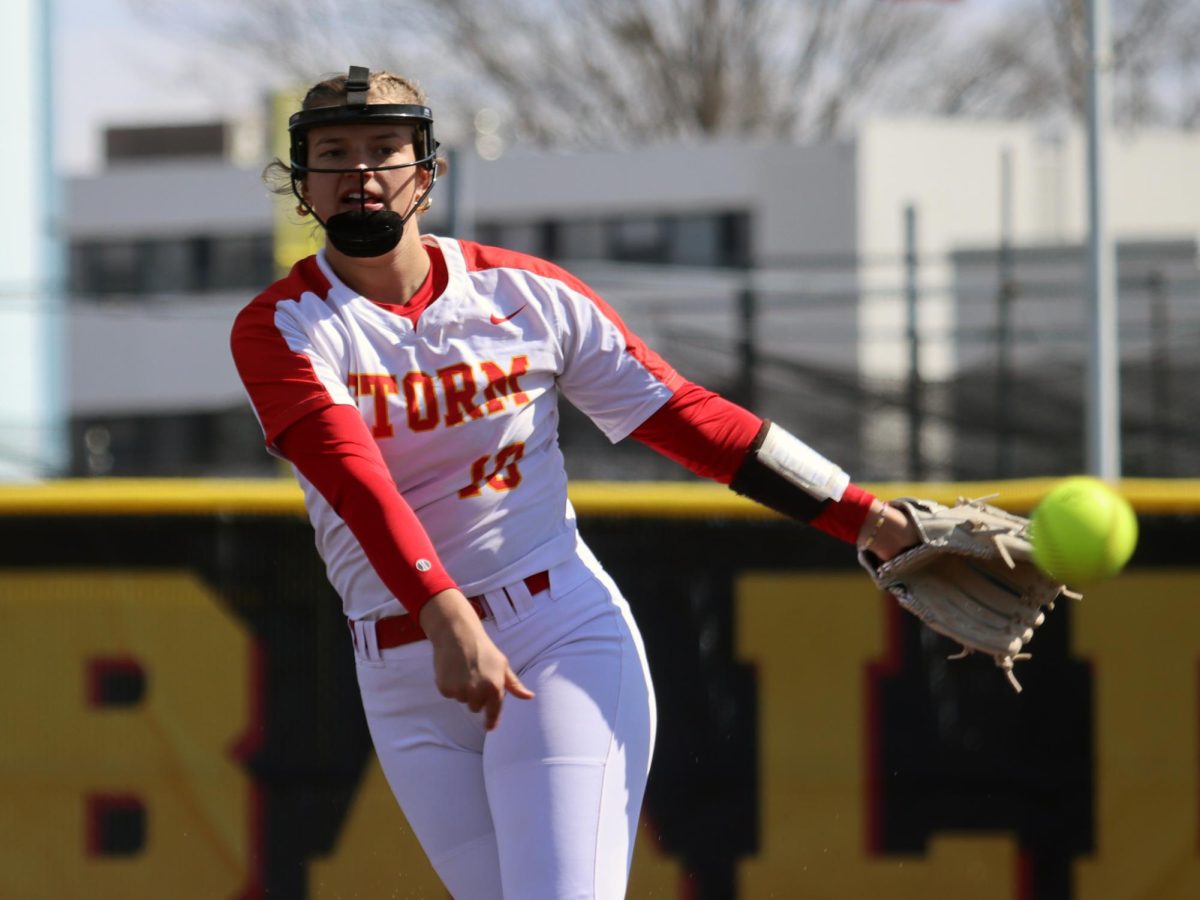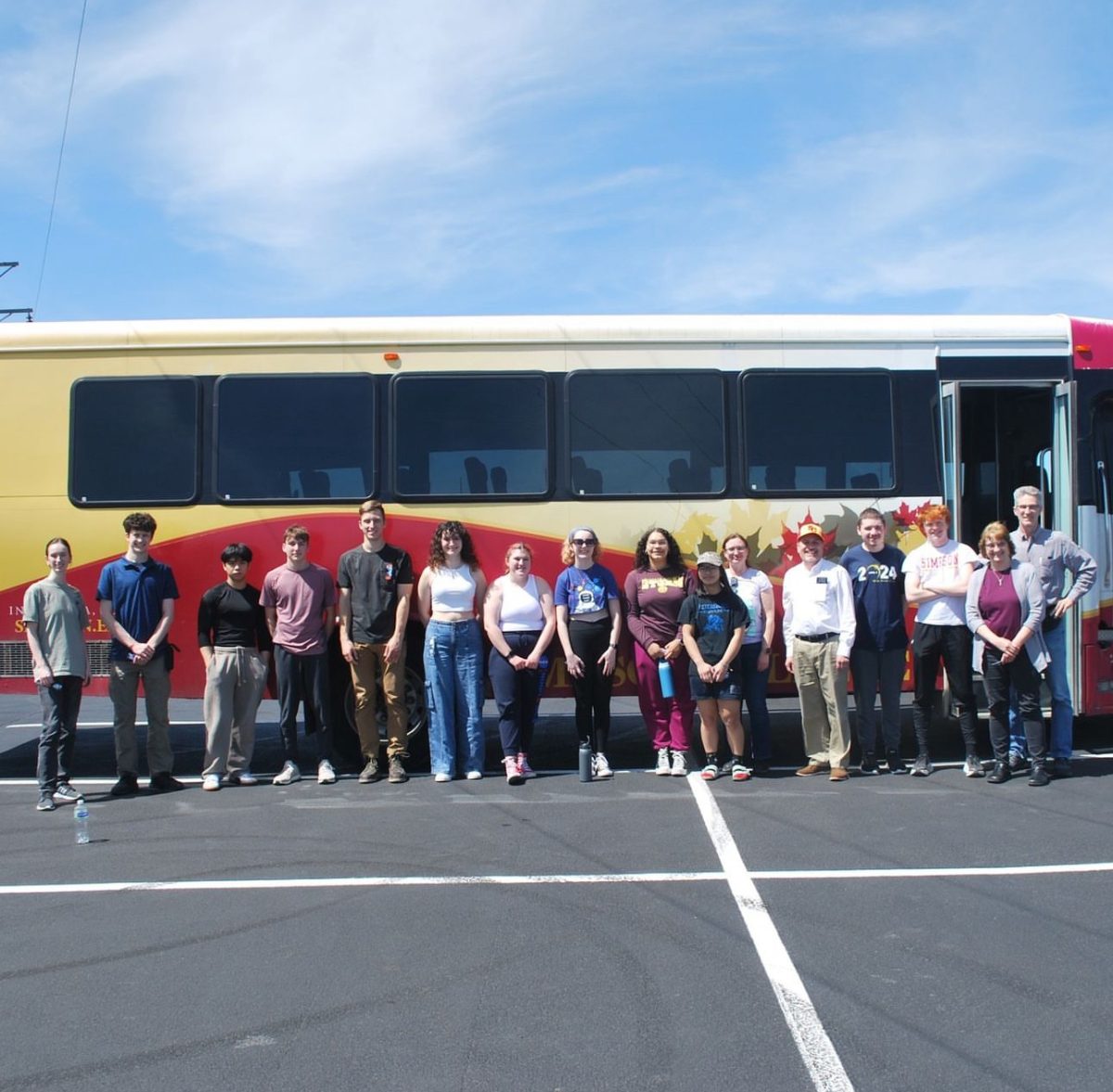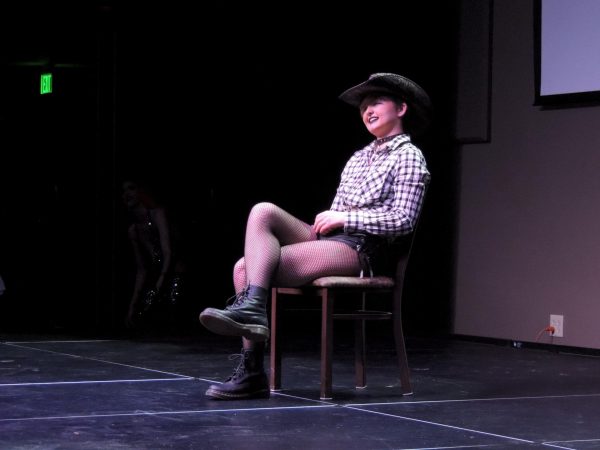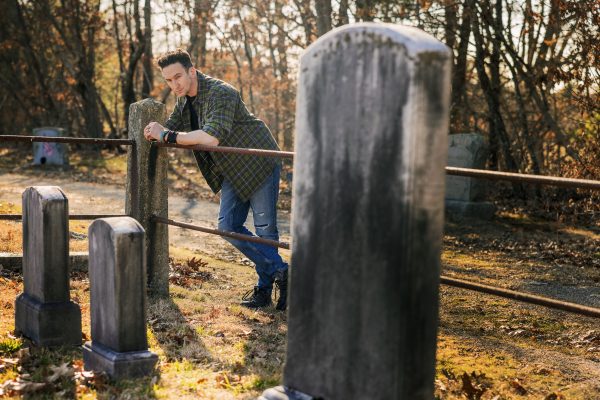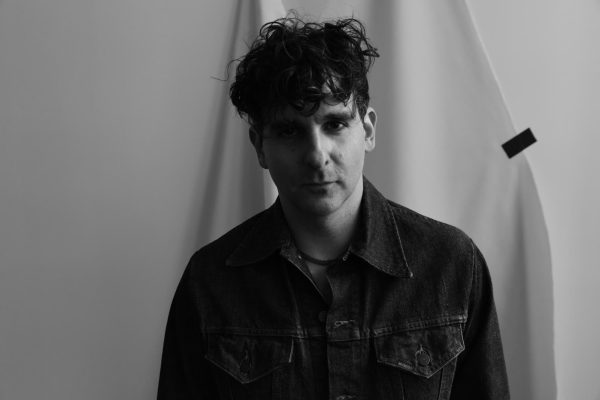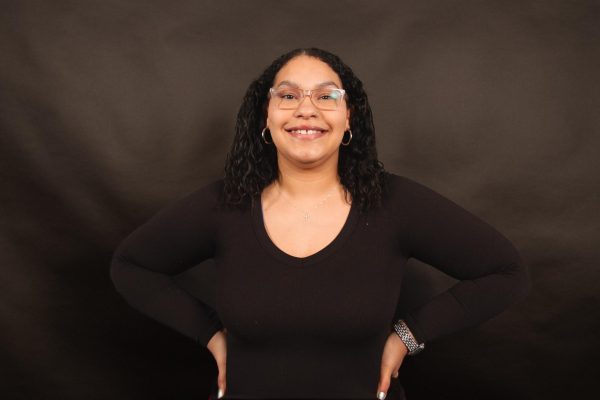Simpson alters first-year experience
Simpson has lengthened SC 101 courses from one semester to two.
September 8, 2021
The class of 2025 is the first to participate in a changed first-year curriculum under new Directors of Foundations and First-Year Experience and Community Engagement.
Sal Meyers, professor of psychology, is the new Director of Foundations and has taken on the role of directing faculty through the changes.
“I train the faculty, which means I provide them with lots of resources. I tell them what we’ve agreed on as a faculty that we all have to do and then say, ‘Here are a variety of different ways you could do it,’” Meyers said.
Foundations courses replace Simpson Colloquium 101. It is split into both the fall and spring semesters as Foundations 1 and 2.
Another way it differs from the previous first-year class is the content’s focus on aspects of civic engagement.
“It is focused on diversity, equity, inclusion and social justice content that we have not explicitly taught to all first-year students in the past,” Meyers said.
First-year student, Tanith Norris, has noticed the influence of the teachings.
“We didn’t get a lot of African American history in my school, so I’m excited to get a broader perspective,” Norris said. “Each class is taking different approaches, but with central topics and sets of information that encourage conversations and learning.”
The new curriculum is not limited to Foundations 1 and 2. It encompasses four main parts that start in their first year with Foundations and continue until the completion of student’s time at Simpson. The four main parts each involve taking current classes and changing aspects to fit the new expectations.
“After Foundations, there are inquiry courses which look a lot like our current areas of engagement. These are the different ways of thinking that you should know, including many different content areas,” Meyers said. “Then there are Mission courses, which is really a new way of thinking, to say, ‘what’s the mission of the college?’ And how can we make sure that the mission of the college is reflected in the courses that all students need to take. Then lastly, there is experiential learning.”
The curriculum is not the only aspect of first-year student interaction that has changed. Tayler Keitzer is the new Director of First-Year Experience and Community Engagement. Keitzer previously worked for Simpson in a Residence Life role.
“I worked in housing with first-year students in Barker and Kresge,” Keitzer said. “So, I think I’m very familiar with first-year issues and have been able to assist SC leaders in helping students make connections on campus to get the assistance that they need.”
One of the largest changes for the roles under Keitzer has been the limited number of Student Simpson Colloquium Leaders.
“Previously, the SC 101 class was one semester, and each Foundations class had one SC leader for each class. So, what’s different is that the program is now a year-long, and SC leaders each have two sections. So the workload is a little bit different,” said Keitzer.
Keitzer plans to use past experiences and information gained during this year’s welcome weekend to implement changes for future incoming classes.
“There’s going to be a lot of changes for next year that I am excited to implement. We’re going to have an extra day of welcome week so more time for fun stuff, as well as sessions and things for students to attend. Maybe with a few more breaks built in,” Keitzer said.
Many Foundations classes have some things in common with the old SC 101, such as class setting and SC Leaders’ role. The class sizes have also remained unchanged, which allows students to engage with each other.
“I’ve gotten to know everybody, and our class is pretty interactive, which is super cool. It’s a small class size; I’d say 20-ish students,” Norris said. “So, it’s really cool, and there’s a lot of banter back and forth between Chad and the students. We get into it every once in a while; we like to laugh.”



